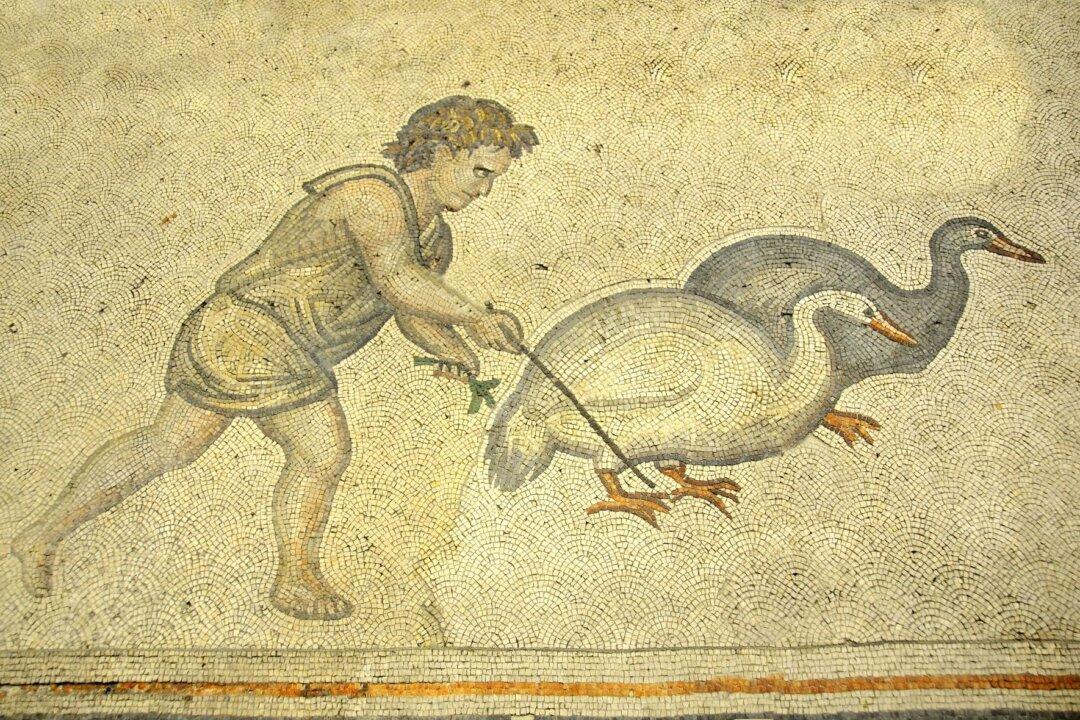Princeton University Press continues with its rather large selection of introductions, or reintroductions, to classic literature in its Ancient Wisdom for Modern Readers series. One of the latest books is “How to Be a Farmer,” which contains ancient Greek and Roman works selected, translated, and introduced by M.D. Usher, the Lyman-Roberts Professor of Classical Languages and Literature at the University of Vermont. Usher and his wife, Caroline, have also been farmers for the past two decades.
This latest edition could hardly be better timed. In a time when consumers are more concerned about what goes into their food, the increase of fast-food chains, and supply chain issues, learning what it takes to be a farmer—or at least tend your own crops, however minute—is pivotal.






